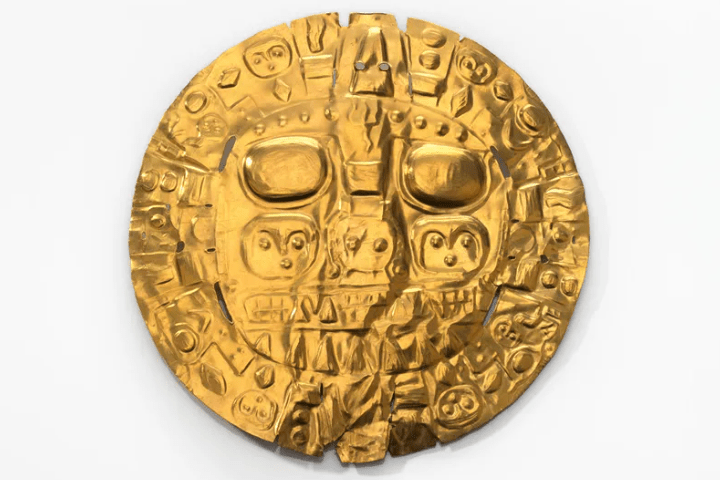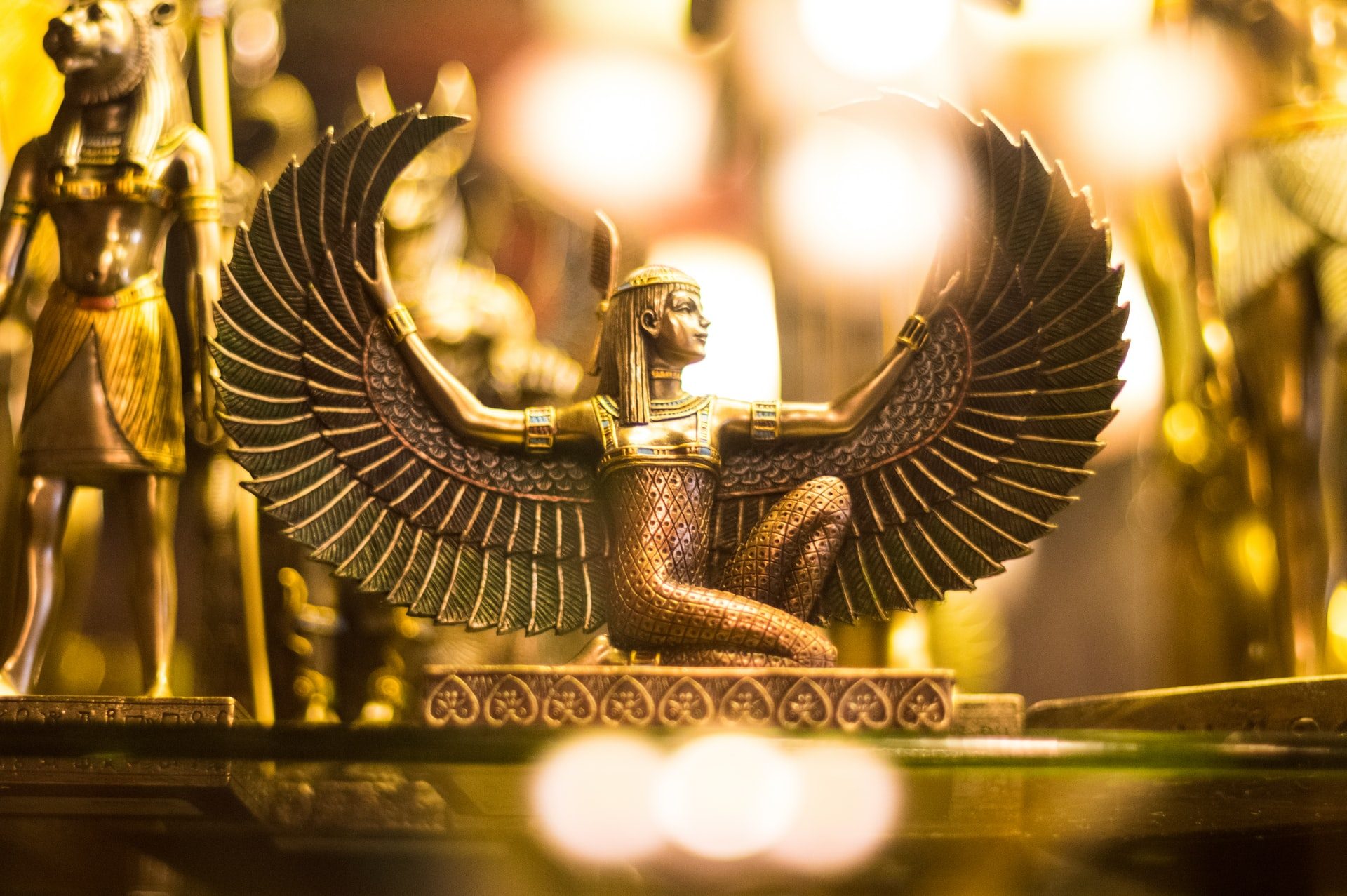We’re precious metal experts here at Garfield Refining, working with gold on the daily. After more than a century in the business, we inevitably grew curious about the etymology of the word “gold.” As one of the most revered elements in human history, we figured “gold” must have some interesting origins. So how did gold get its name?
The term “gold” is derived from Old English and Germanic origins. The German Gothic language expressed gold as “gulþa” which later evolved into “geolu” in Old English. Then in the twelfth century, Middle English brought the modern word “gold” into existence.
Gold’s symbol on the Periodic Table of Elements is “Au,” derived from the Latin word aurum. Aurum is derived from the Latin word aurora, the name of the Roman goddess of the dawn. The ancient Romans weren’t the first civilization to encounter gold, but they invented many improvements for mining and extracting it!

Gold Was Associated With the Sun
Historians agree that gold is the earliest recorded metal to be used by humans. Small amounts of natural gold were found in Spanish caves dating back to the late Paleolithic period, around 40,000 B.C.E.
Gold has historically been associated with the sun because of its radiant yellow hue. Many ancient civilizations cherished gold as a symbol of purity, wealth, and divine power, often relating it to solar deities.
Many ancient cultures used gold for religious rites and symbolism. In the Inca civilization of Peru, gold was thought of as the sweat of their sun god, Inti. The Incas also manufactured gold to use for religious objects, such as masks and sun disks. In ancient Colombia, powdered gold was used to cover the body of their future king during coronation ceremonies.
Gold’s Ceremonial Use Today
Most people today may not associate gold with sun gods, but we still use it for ceremonial purposes. In the Olympic Games, for instance, champions are awarded gold medals (and the Paris 2024 gold medals are extra special!).
Noble Prizes, Oscar statuettes, and various other awards and trophies are often made with gold or feature gold plating to signify honor and accomplishment. Gold jewelry often holds deep symbolic meaning in ceremonies like weddings and anniversaries. And those are just a few examples!
With its rarity, intrinsic value, cultural significance and versatility, we’re willing to bet that gold will remain an element of human admiration and fascination for many years to come!
If you’re looking to sell unwanted gold, look no further than Garfield Refining. Established in 1892, Garfield helps people get the most value for their gold, silver, platinum, and palladium scrap. Call us today at 800-523-0968 and find out why Garfield is a premier precious metal refiner!

